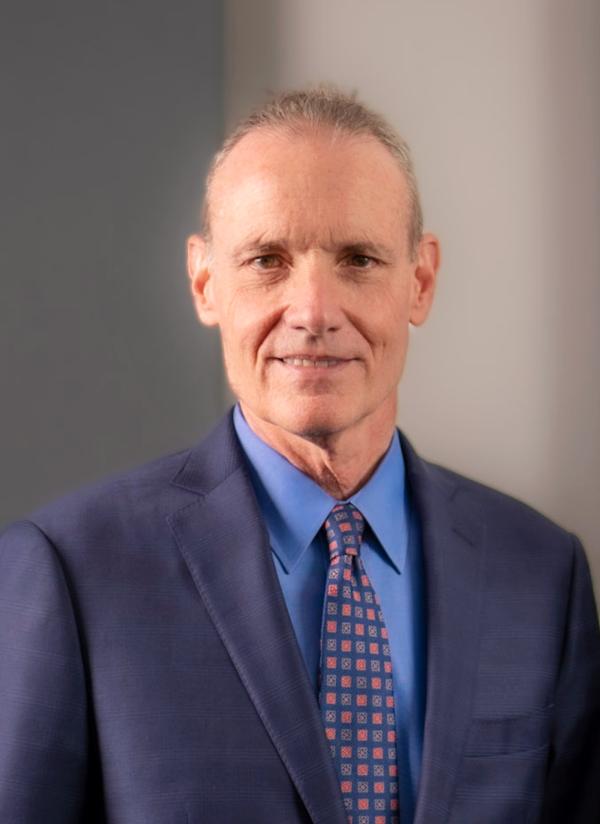The U.S. Code is the compilation and codification of the federal laws currently in force in the United States. They are organized across 54 Titles and further broken down into Chapters, Subchapters, Parts, and Sections. Interestingly, the standard deck of cards also has 54 units including the two Jokers. That fact is not necessarily meant to cast any aspersions, although the perilous balance between the legislative house and the one constructed from a deck of cards can get very wobbly when extreme limits are reached … especially when that last joker is placed on top.
Title 47 of The Code covers the broad subject of Telecommunications, and Chapter 5, Subchapter II, Part 1, Section 230 will be in the news this week. Few will care, but most should heed (just like Ernie the pug!), as it brings an especially important issue that is under appeal in two separate cases to be heard by the Supreme Court . At stake is the potential overturn of the founding principles of the internet along with what that could mean for all the data it hosts, creates, and digitizes. This also is the oxygen on which the new category-killing ChatGPT now survives and thrives.
An interesting parallel has been made between the internet and the good old-fashioned corner bookstore. The latter is (or maybe was!) in the business of simply selling books, and never in a position to verify the truthfulness of any works, especially those designated as non-fiction. That responsibility and potential liability is between the individual authors and their publishers. Perhaps there is an expectation that any book, more likely to offend, will be walled off in a separate section of the shoppe. Maybe even a ‘Good Samaritan’ screen for some content that is rejected outright as simply too offensive or inappropriate for the shelves will also be in play. The shoppe owner has the right, but not the obligation to do so.
This is precisely the guts of the simple 26 words in the operative paragraph of Section 230 which provides the same liability protection to website hosts such as Google, Twitter, and Facebook. While likely not much of a shock to many, not everything you search, tweet, or read in a newsfeed is accurate, or might even be an outright falsehood, but under Section 230, that is ok. Caveat emptor is the content rule of the road for the consumer either in the periodical section of Livraria Lello in Porto, or within any hosted site on the world wide web.
This civics lesson and the house of cards upon which it (sometimes?) sits, brings us back to ChatGPT and its thirst for alternative data. In a recent whitepaper sponsored by Dell Technologies and NVIDIA, we learn that the size of the global pool of unstructured data will breach 200,000 exabytes in the next three years. That is a lot of fuel, across a lot of hosted sites, and none of it needs to necessarily be accurate. I tried this yesterday when asking ChatGPT to write my bio. I was quite proud to be described as prominent (obviously factual!), but other than my current position at CAIA Association, the five other named employers would make me appear to be just another fabricator that would even make George Santos blush.
What are we to make of all this? Embrace change! Dismiss nothing but question everything. The unstructured data lake and the bots seeking to make something of it are toiling in an exceptionally large and inefficient greenfield. It is very early, but remember inefficiency is the breeding ground for alpha, and you risk underestimating it at the peril of the client assets that have been entrusted to you.
Finally, do not judge or dismiss the cargo shorts or tee shirt, but do not allow new entrants to dismiss you either (this axiom cuts both ways). We need to embrace these STEM-based backgrounds and the awesome diversity of skills and experiences that come with them. New entrants in turn must not underestimate nor dismiss the tenure and perspective of those that have come before them. Respect and transparency will always be the table stakes for a sustainable culture, and adherence to sensible regulatory constructs can never be compromised. The sacred trust of a client must remain sacrosanct, as we unflinchingly aspire to the highest levels of a fiduciary standard that the client, rightfully and legally, expects and deserves. These were the among the founding principles of FDP Institute by CAIA, where upskilling remains a priority for relevancy and effectiveness in a rapidly changing investment world. That light in our house will always be on, but it will be up to you individually, and our industry, to embrace change through education without ever compromising integrity, or the trust of a client.
Seek education, diversity of both your portfolio and people, and know your risk tolerance. Investing is for the long term.
About the Author:
William (Bill) J. Kelly, CAIA is the President & CEO of the CAIA Association. Bill has been a frequent industry speaker, writer, and commentator on alternative investment topics around the world since taking the leadership role at the CAIA Association in January 2014.

Previously, Bill was the CEO of Boston Partners and one of seven founding partners of the predecessor firm, Boston Partners Asset Management which, prior to a majority interest being sold to Robeco Group in Rotterdam in 2002, was an employee-owned firm. Bill’s career in the institutional asset management space spans over 30 years where he gained extensive managerial experience through successive CFO, COO and CEO roles. In addition to his current role, Bill is a tireless advocate for shareholder protection and investor education and is currently the Chairman and lead independent director for the Boston Partners Trust Company. He has previously served as an independent director and audit committee chair for ’40 Act Mutual Funds and other financial services firms. He is also currently an Advisory Board Member of the Certified Investment Fund Director Institute which strives to bring the highest levels of professionalism and governance to independent fund directors around the world. A member of the board of the CAIA Association, Bill also represents CAIA in similar capacities via their global partnerships with other associations and global regulators. Bill began his career as an accountant with PwC and is a designated Audit Committee Financial Expert in accordance with SEC rules. Follow Bill Kelly on Twitter @CAIA_BillKelly




